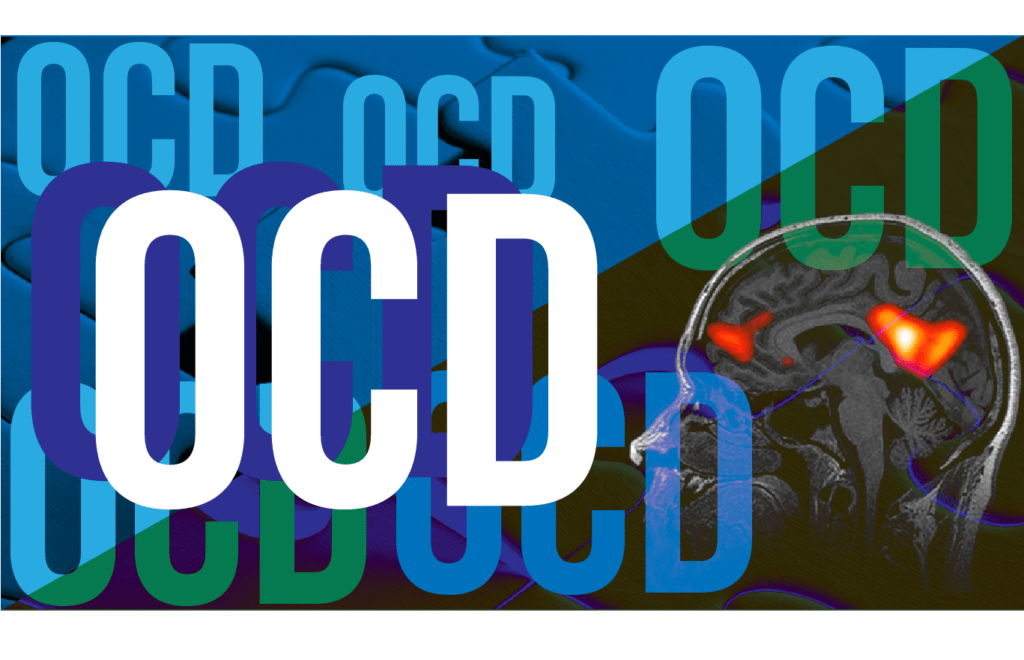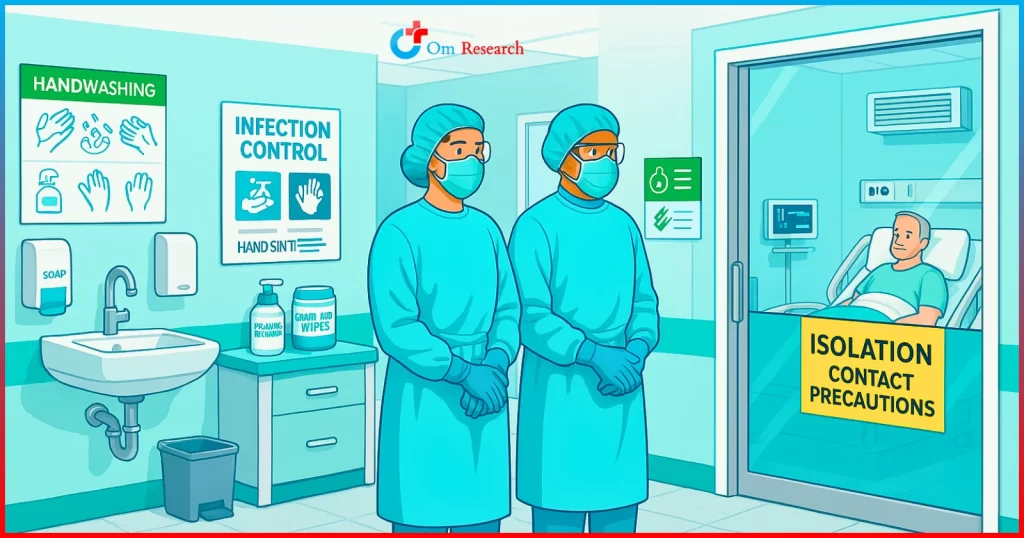Intrusive thoughts, repetitive behavior, and impulses that result in heightened anxiety can ultimately affect one’s overall quality of life as it becomes extensively consuming. Anybody may have invasive thoughts that can become obsessive as humans are obsessive beings. Though, when these thoughts become debilitating or hinder one’s daily life, it then becomes associated with a neurological disorder—Obsessive-Compulsive Disorder or OCD.
Obsessive-Compulsive Disorder (OCD) is commonly associated with extensive and intrusive thoughts that immensely affect one’s quality of life. In modern-day society the term “OCD” has been thrown around excessively due to the disorder’s easily associated symptoms to common habits of non-OCD patients. The difference between OCD symptoms and normal behavior are people with OCD typically experience:
- The inability to control the excessive behaviors or thoughts.
- A significant amount of time dwelling in their thoughts or behaviors.
- Changes in their quality of life due to their thoughts or behaviors
Today, treatment for OCD typically varies on symptoms presented by each individual but usually generally consists of (1) treating their lower levels of serotonin—with serotonin reuptake inhibitors (SRIs) and selective serotonin reuptake inhibitors (SSRIs)— or (2) treating their behaviors and habits with psychotherapy. Treatments may solely use one of the two or utilize two methods of treatment to maximize possible results.
Om Research is currently conducting a study on potential treatment for OCD. If you’re interested in learning more about the study please fill out the form below or read about the study on our Studies page.
References
Radomsky, A. S., Alcolado, G. M., Abramowitz, J. S., Alonso, P., Belloch, A., Bouvard, M., Clark, D. A., Coles, M. E., Doron, G., Fernández-Álvarez, H., Garcia-Soriano, G., Ghisi, M., Gomez, B., Inozu, M., Moulding, R., Shams, G., Sica, C., Simos, G., & Wong, W. (2013, October 9). Part 1-You can run but you can’t hide: Intrusive thoughts on six continents. Journal of Obsessive-Compulsive and Related Disorders. https://www.sciencedirect.com/science/article/abs/pii/S2211364913000675?via%3Dihub.
Santos, Natascha M. [TED-Ed]. (2015, May 19). Debunking the myths of OCD- Natascha M. Santos. YouTube. https://www.youtube.com/watch?v=DhlRgwdDc-E
U.S. Department of Health and Human Services. (n.d.). Obsessive-Compulsive Disorder. National Institute of Mental Health. https://www.nimh.nih.gov/health/topics/obsessive-compulsive-disorder-ocd/.



